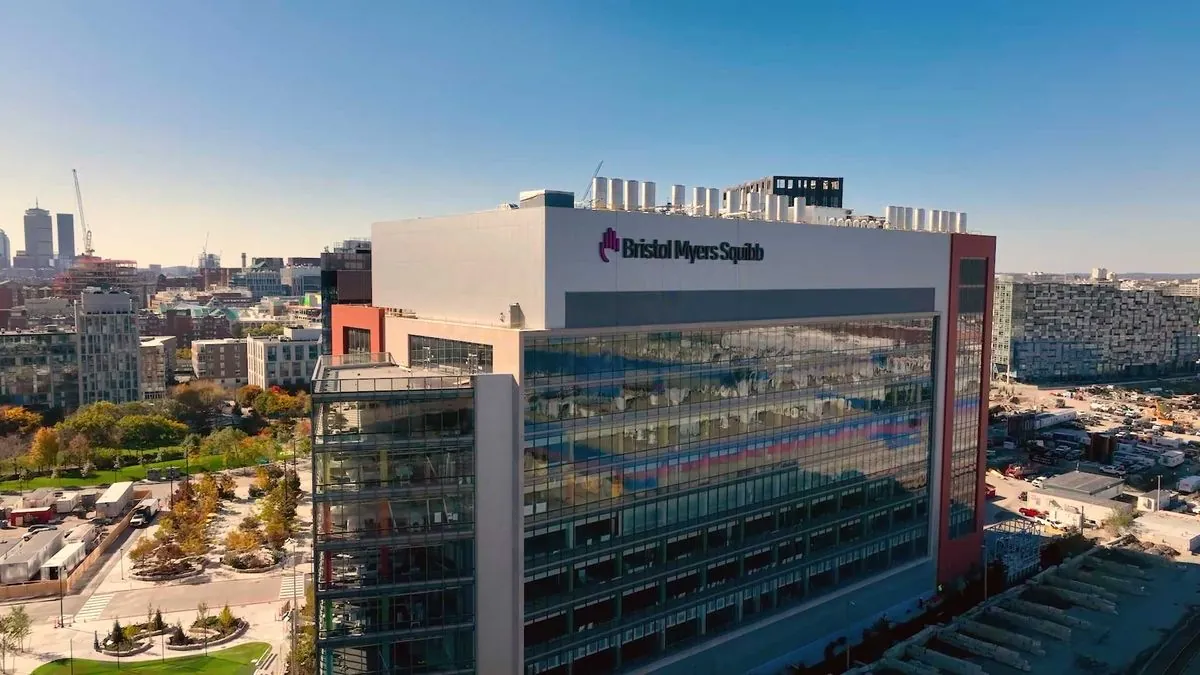In a significant legal development, Bristol Myers Squibb has successfully obtained the dismissal of a $6.4 billion lawsuit. The case, centered around allegations of delayed drug approvals following the company's acquisition of Celgene, was thrown out by U.S. District Judge Jesse Furman in Manhattan on September 30, 2024.
The lawsuit, filed by UMB Bank on behalf of former Celgene shareholders, claimed that Bristol Myers Squibb intentionally delayed federal approval for the cancer drug Breyanzi and two other drugs developed by Celgene. This delay allegedly prevented the payout of contingent value rights (CVRs) worth $6.4 billion.
Judge Furman's decision hinged on a technical issue: UMB Bank's improper appointment as trustee for the CVR holders. The court found that UMB's appointment was supported by a majority of beneficial owners rather than registered owners, which was deemed insufficient under the law.
The case stems from Bristol Myers Squibb's $80.3 billion acquisition of Celgene in 2021, one of the largest pharmaceutical deals in history. The merger agreement included a provision for additional payments to Celgene shareholders if certain drug approvals were obtained by specific deadlines. These deadlines were December 31, 2020, for Liso-Cel (Breyanzi) and Ozanimod, and March 31, 2021, for Ide-cel.
Bristol Myers Squibb, founded in 1887, is one of the largest pharmaceutical companies globally. The company has a long history of developing innovative treatments, with Breyanzi representing a breakthrough in cancer therapy as a CAR T-cell treatment. The FDA, established in 1906, plays a crucial role in approving such drugs, with the process typically taking 6-10 years and costing over $1 billion per drug.
The pharmaceutical giant ultimately secured FDA approval for Breyanzi on February 5, 2021, to treat non-Hodgkin's lymphoma, the 7th most common cancer in the United States. However, this approval came after the deadline specified in the merger agreement, leading to the contentious lawsuit.
Judge Furman acknowledged the gravity of his decision, stating, "After three years of litigation and with so much money at stake, the court does not reach that conclusion lightly." He added that a "properly appointed" trustee could refile the case, leaving the door open for potential future litigation.
This case highlights the complex nature of mergers and acquisitions in the pharmaceutical industry, which often face intense scrutiny and regulatory challenges. The use of contingent value rights, a financial instrument dating back to ancient Roman law concepts, adds another layer of complexity to such deals.
It's worth noting that this is not the only legal challenge Bristol Myers Squibb has faced regarding the Celgene acquisition. Earlier in 2024, state court judges in New York and New Jersey dismissed similar lawsuits alleging that the company's registration statement for the merger failed to disclose its intentions regarding FDA approval timelines.
As the pharmaceutical landscape continues to evolve, with increasing focus on breakthrough therapies like CAR T-cell treatments, the industry remains one of the most heavily regulated globally. This case serves as a reminder of the intricate legal and financial considerations at play in major pharmaceutical transactions.
